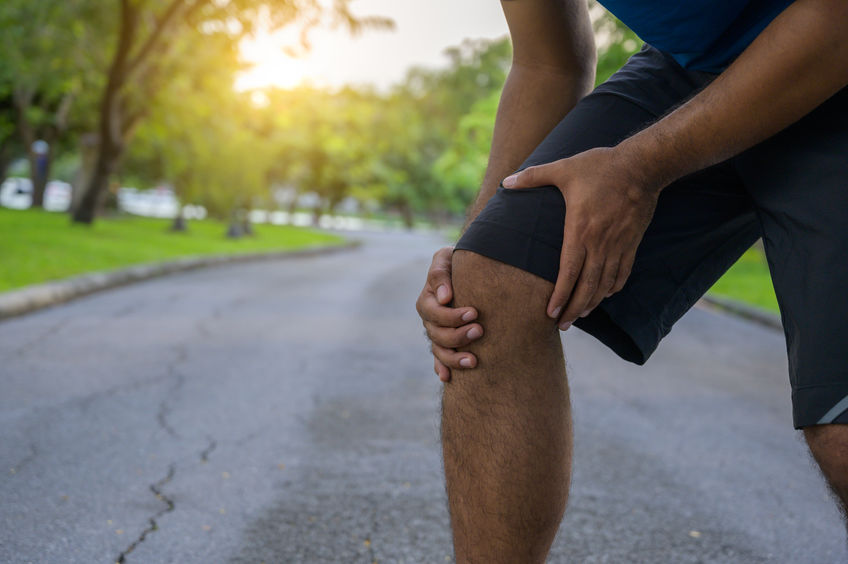Causes Of Hip Pain
Pain in the hip can occur for various reasons. Falls can result in fractures, dislocations, strains, and tears, and are one of the most common causes of hip pain. Hip pain can also be due to autoimmune conditions like arthritis and childhood disorders. Anyone can experience hip pain, but older people are more prone to this type of pain due to fall injuries and arthritis. If the hip pain is persistent and last for more than a few days, seek medical help.
Hip flexor strain
The muscles that aid in bringing the knee towards the body are called hip flexors. Hip flexor strain occurs when the hip muscles and tendons are overused and the muscle is torn. The pain is sudden in nature and increases when doing movements such as stretching, walking, and running. Other symptoms include tenderness, swelling, bruising, and muscle spasms. The severity of the tear can range from mild to severe with grades 1-3.
Hip labral tear
A labrum is cartilage or soft tissue that surrounds the socket of the hip. A hip labral tear can occur when a person experiences trauma or an injury to the labrum. Some people with these tears can be asymptomatic while others may experience pain in the hip or groin area. The pain exacerbates with activities such as prolonged standing, walking, and sitting. Other possible symptoms include stiffness, reduced movement, and a locking or clicking sensation.
What’s causing my pain?
The doctor will take a brief medical history and perform a physical examination on the patient. The physical examination will allow the doctor to check for the range of movements of the hip. The healthcare provider may also check the mobility of the patient. To better understand the hip pain, the doctor will order radiological scans such as an x-ray. The radiological scans will allow the doctor to make a diagnosis of strain or tear.
Management of hip pain
Hip pain treatment is based on the severity and cause of the pain. Mild hip pain can be treated conservatively with anti-inflammatory medications, rest, ice, compression, and elevation. In more serious cases, the doctor may recommend steroid injections and surgery. Physical therapy is typically recommended by the doctor for any level of pain to help regain the strength of the muscles. The healthcare provider will also advise on avoiding any activities that aggravate the pain.
Seeking medical help
If the hip pain is not healing with conservative treatment, then speaking with a healthcare provider is advisable. Constant hip pain for many days also should not be overlooked. After experiencing severe hip pain due to a serious fall or accident, contact the healthcare provider without any delay. The doctor can determine if the pain is a strain or tear and recommend the appropriate treatment.



